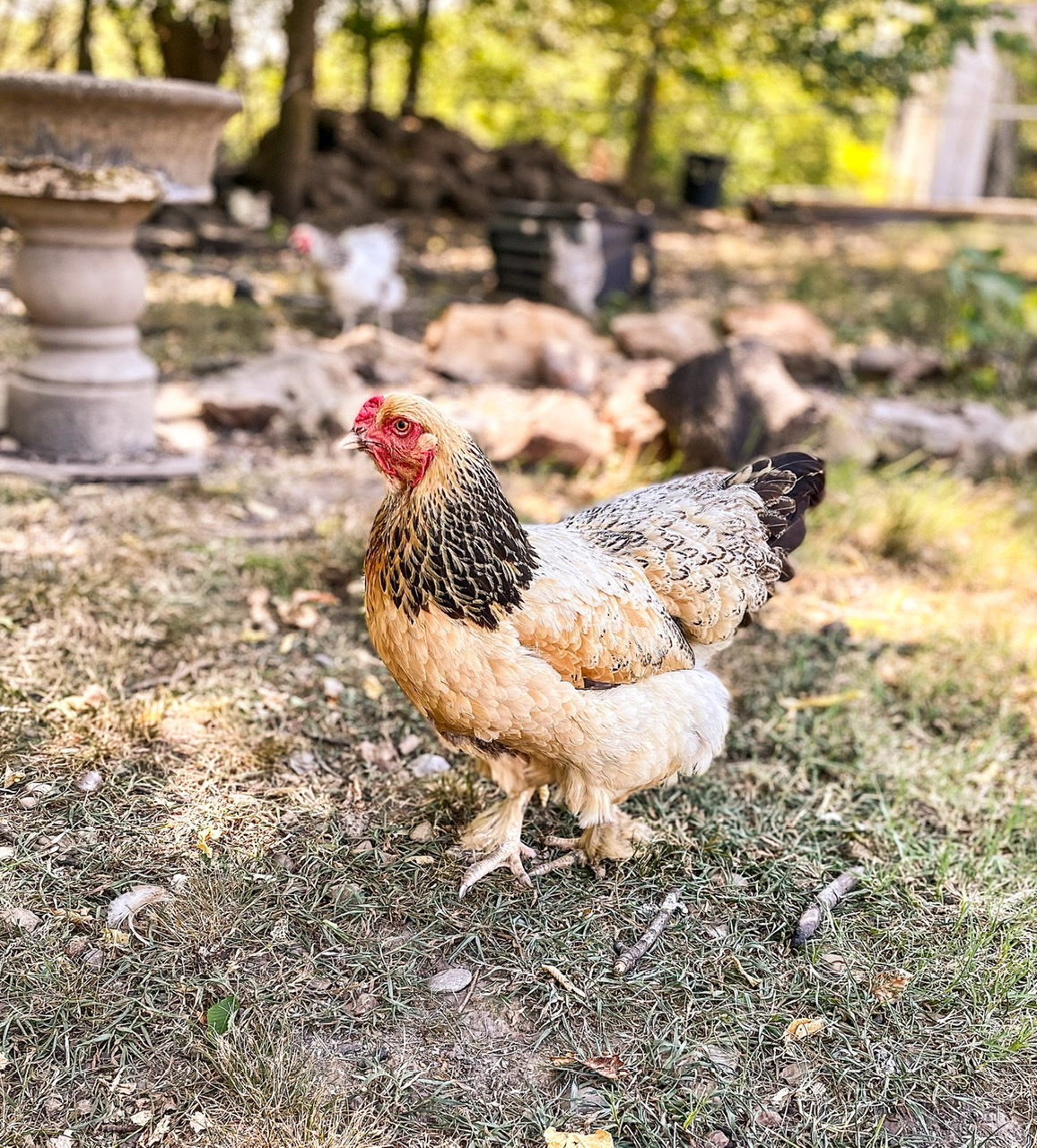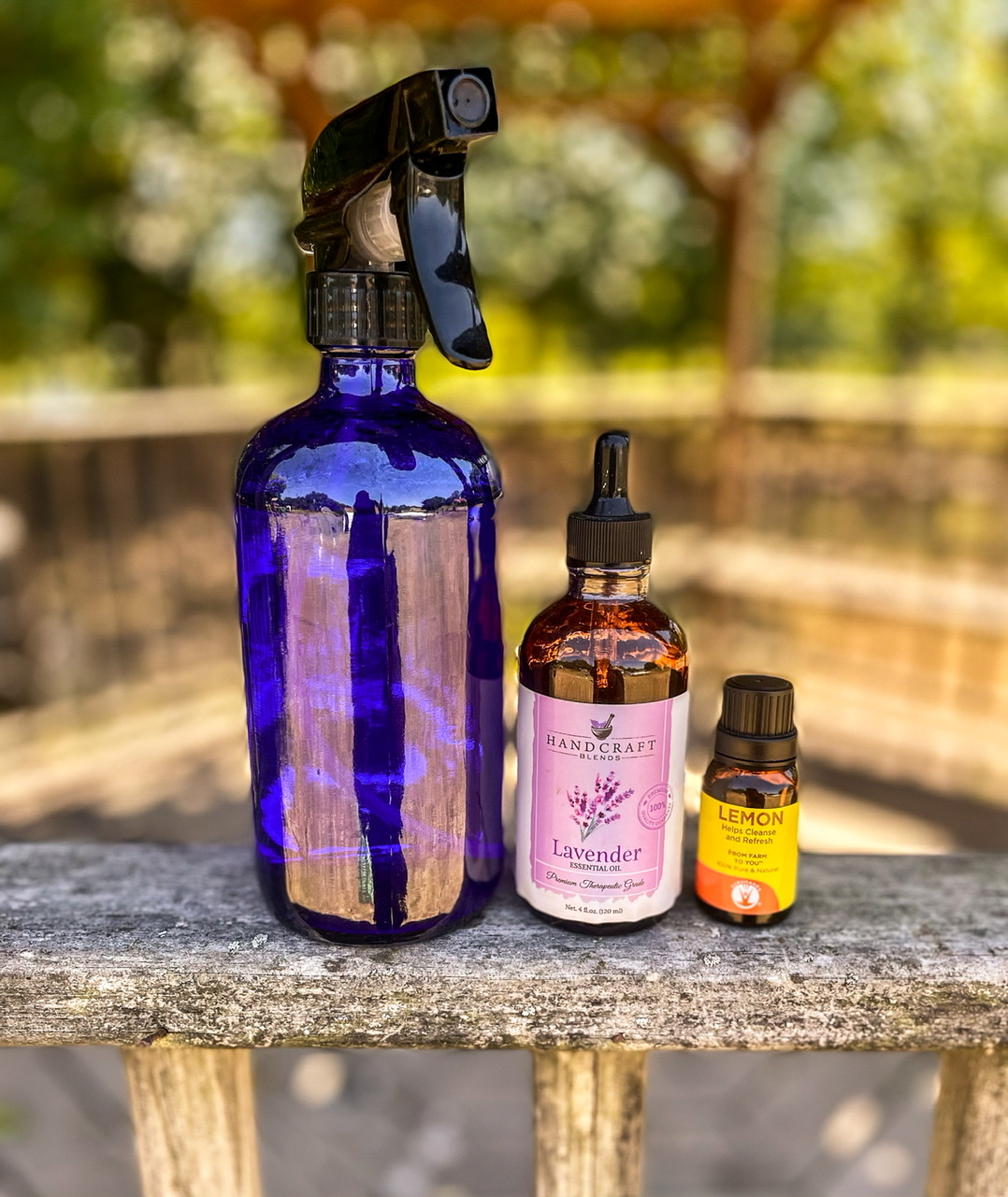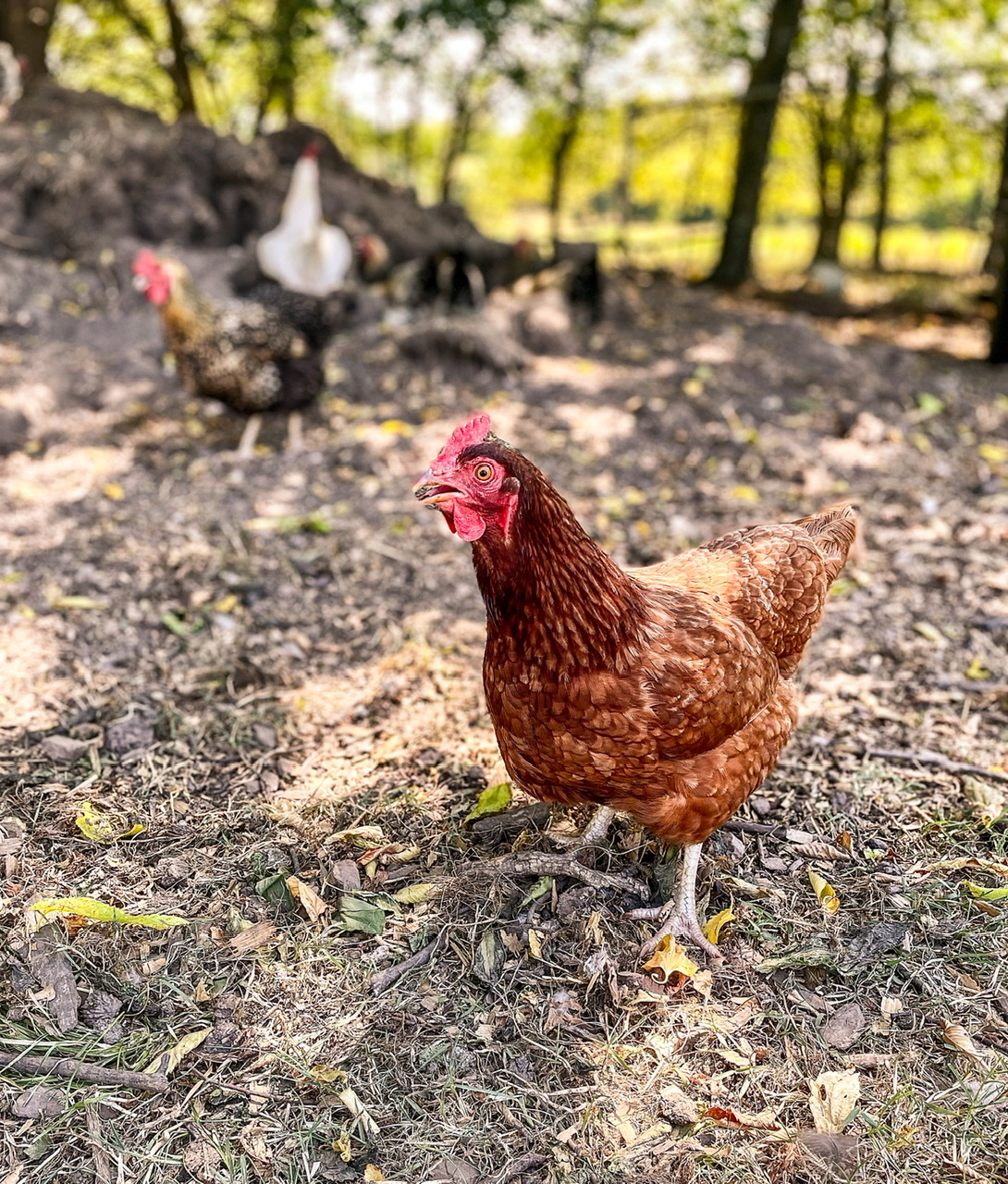Are you looking for a way to clean your chicken coop naturally? Tired of using harsh chemicals around your chickens? Are you trying to find ways to use what you have on hand and reduce your need to shop in stores?
In this post, we’ll show you how to make an all-natural chicken coop cleaner with ingredients that most people already have in their homes. This cleaner is made with essential oils and other natural ingredients, which means it’s safe to use around your chickens. Plus, it’s very easy to make!
So if you’re interested in learning how to make an all-natural chicken coop cleaner, read on! We’ll show you what you need as well as the benefits of using a spray cleaner to help clean your chicken coops.
Why do you need an all-natural coop cleaner for your chicken coop?
Chicken coops can get pretty dirty, pretty quickly. The combination of chicken droppings, dirt, and feathers can create a smelly and unsanitary environment for your chickens (and for you!). Add in some heat and a little rain, and you may be stuck with a not-so-pleasant aroma in your yard. A good chicken coop cleaner will help to freshen the space as well as remove any harmful bacteria that may be growing.
What are the benefits of using an all-natural cleaner?

There are many benefits to using an all-natural cleaner in your chicken coop.
First, it’s safe to use around your chickens. In the last few years, we have made a big push to use more natural ingredients and reduce the amount of harmful/toxic chemicals that we use in and around our home. This spray uses ingredients that I know are safe and won’t have a negative impact on our animals or our family.
Second, it’s better for the environment. This cleaner is made with ingredients that are biodegradable and won’t harm the earth. We don’t have to worry about any lingering chemicals that may have long-term health effects on our flock.
Third, it’s less expensive than store-bought cleaners. Making your own all-natural chicken coop spray is very budget-friendly. The essential oils we use in this recipe cost us less than $20 and will last me for several months. We also use it in our diffuser so it can be practically applicated for other uses.
And fourth, it’s often more effective than chemical cleaners. Natural cleaners like this one rely on the power of essential oils to kill bacteria and freshen the air. So not only is it safe to use, but it actually works.
What bacteria do I need to be worried about finding in my coop?
There are several types of bacteria that can be found in chicken coops, including Salmonella and E. coli. These bacteria can cause respiratory illness, food poisoning, and other serious health problems in chickens (as well as humans). A good chicken coop cleaner will help to remove these harmful bacteria from the environment.
Since using this cleaner, we have also noticed a drastic reduction in the number of dirty eggs that we collect. While we also wash the shells before eating, using this cleaner does provide some reassurance that our chickens aren’t tracking bacteria into their nesting spaces.
Additionally, using a cleaner with essential oils in it, such as lavender and lemon, is a great way to freshen it up. Not only do these oils smell great, but they also have antibacterial properties that can help to keep your chicken coop clean and smelling fresh.
What do you need to make the cleaner?

Here’s what you’ll need:
- A glass spray bottle
- Water
- White vinegar
- Tea tree oil
- Lavender oil
How to:
To make the cleaner, simply mix equal parts water and white vinegar in the spray bottle. In this instance, I used 1/2 cup of water mixed with 1/2 cup of white vinegar.
Lemon oil is used for its aroma as well as a disinfectant; in this recipe, I use 15 drops. I also used 15 drops of lavender to improve the smell of the spray. Shake the bottle thoroughly, then just go ahead and spray down your chicken coop, focusing on the walls and nesting boxes. The vinegar will help kill any bacteria or viruses that may be present while the essential oils will keep the space smelling fresh.
I like to use this cleaner twice a month, but you can adjust the frequency to meet your needs. If your coop is particularly dirty, you may need to clean it more often.
Do you have any tips for keeping your chicken coop clean and fresh? Share them in the comments below!




